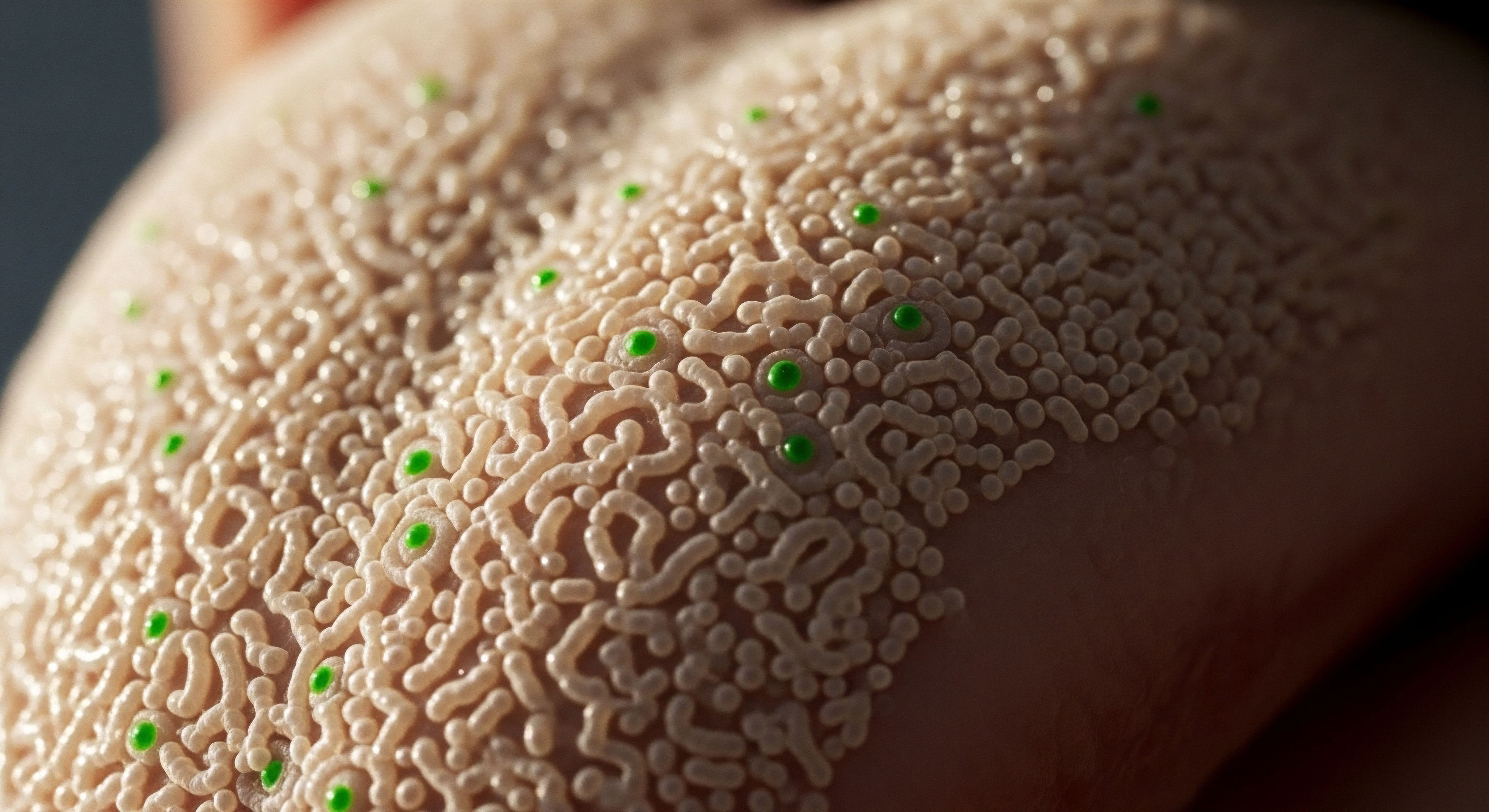Shadowed Hours Fuel Your Longevity

Unlock your biological prime; your deepest rest is the most potent anti-aging protocol for ultimate longevity optimization.
HRTioAugust 23, 2025





